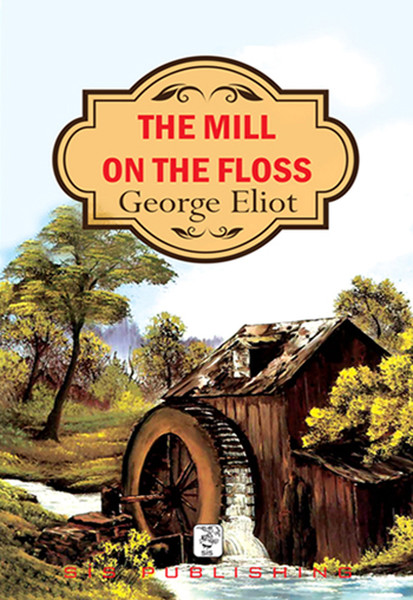
Single women and widows were considered an independent legal entity and could own property and earn money and have control of it. Yet, studies show that the most common pattern was to leave goods/wealth to the wife and *all* of the surviving children.*

Theoretically, you could give your money to anyone you liked. In fact, England was unique in the 1800s in that it did not have laws about who could inherit. Another Victorian novel I have read recently, "North and South", is another example of a daughter inheriting on her father's death. Indeed, the recurring motif of Aunt Glegg's insistence that she is respectable enough that she can leave goods and money to her family, including Maggie, is evidence that women could inherit.

It's not as simple as "women weren't allowed to inherit" because, in fact, they could. However, I would like to just add to the previous discussion about inheritance laws.

However, I would like to jus …more I think the specific answer in this case is that Tom *bought* the mill it was, therefore, his to decide who lived in it. Spock's Cat I think the specific answer in this case is that Tom *bought* the mill it was, therefore, his to decide who lived in it.


 0 kommentar(er)
0 kommentar(er)
